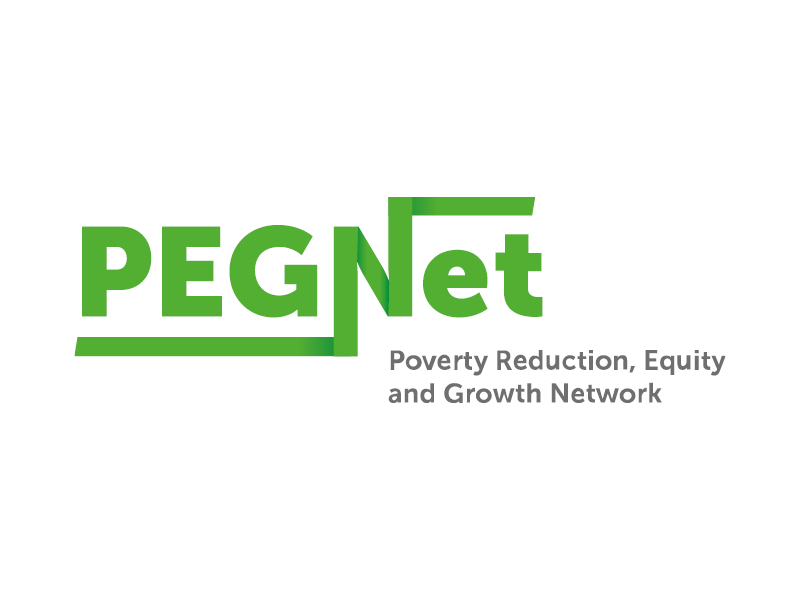USA should evaluate all government spending, not just ODA
Senators and members of the House of Representatives are drafting two new laws concerning international development aid. One is designed to boost transparency and accountability, the other is meant to facilitate fast and more generous action to promote child and maternal mortality. Neither initiative is ground-breaking. They basically re-confirm changes implemented in practice or demanded by relevant agencies. Both initiatives are very much in line with recent development discourse.
Nonetheless, I do not find them totally convincing. My minor objection is that it is not helpful to think in silos because development poses comprehensive and systemic challenges. Literacy, for example, may matter more to improve reproductive health in some places than additional medical facilities. Focusing only on one issue is likely to divert attention from others.
My major objection, however, concerns the idea that the crucial thing is to ensure “bang for the buck”. Developmental programmes are not and cannot be fool-proof. Some will fail. The main reason is that the context in which they are implemented is complex and likely to change. If for instance, inflation suddenly soars, there is nothing a micro-credit scheme can do to protect its clients. When militants rise up and wreak havoc, moreover, most valuable, recently built infrastructure can fast be destroyed. A lot can go wrong in policymaking, and that applies to development programmes in particular.
It is interesting, that the US legislators are not trying to evaluate their nation’s military aid. Wouldn’t it make sense to assess the “bang for the buck” in this context too, not least because the metaphor fits so nicely? And let’s move one step further: what about evaluating the costs and results of military action in general?
Consider, for instance, that the Iraq war was not just supposed to stop Saddam Hussein from getting nuclear bombs. It was also supposed to deprive Islamist terrorists of funding, bring democracy to the Arab world and peace to the Middle East. How did that play out? And who is to be held accountable? Let’s bear in mind that US citizens were told to expect costs of “at least $ 100 billion for a two year involvement”. By 2010, costs for a seven year engagement had risen about $ 1.1 trillion according to researchers from Brown University.
In 2013, the USA spent a mere $ 31 billion on official development assistance. This is the money US legislators want to have thoroughly scrutinised, while they leave it to independent researchers to assess the costs and impacts of war. I think policymakers should assign scholars to thoroughly study these issues, though I doubt that would enruse they never make mistakes again.
More generally speaking, I find it irritating that development agencies tend to be accused of general failure simply because there still is poverty on earth after half a century of aid policies. We should put things in perspective. Countries have had finance ministers for centuries, and still there are government deficits. Some kind of police and courts have been around for even longer, and we still haven’t solved humanity’s crime problems. Armies have been operating for millennia, and world peace has still not been achieved.
International development aid is the only field of policy in which opinion makers demand solutions once and for all. I think the truth is that ministries are set up to deal with intractable problems, not to deliver permanent solutions.












